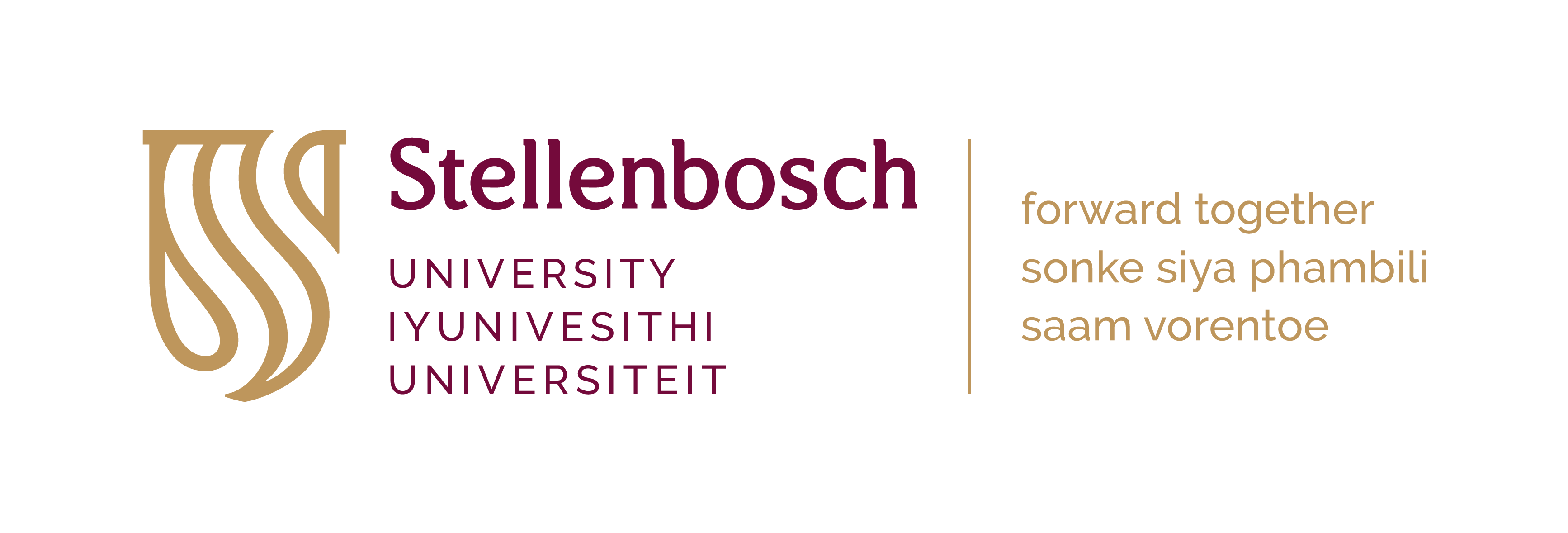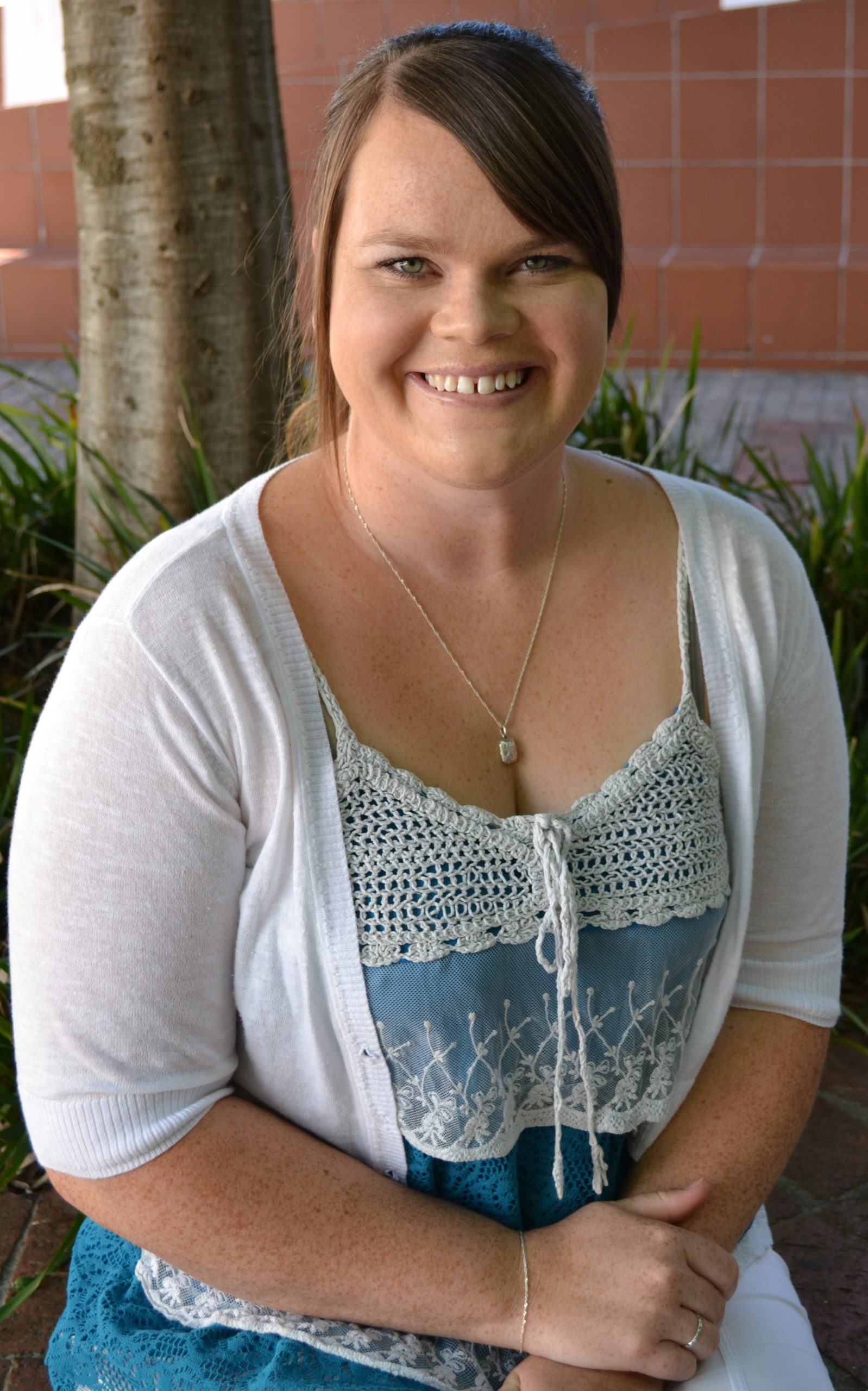[:en]Meet Ms Natasha Kitchin, a doctoral candidate within the Neuropsychiatric Genetics Research Group at Stellenbosch University, Faculty of Medicine and Health Sciences.
In celebration of Youth Month 2020, the Division of Molecular Biology and Human Genetics is paying tribute to young researchers within our institute. We share heart-warming stories of our students whose lives give us great hope for the future of South Africa. We thank these students for volunteering to tell us a little about themselves and their research.
Tell us briefly about your background?
I was born in Oranjemund, a small town in Namibia. Until recently Oranjemund was closed to the public – it was not part of the national government system and was run by the Namibian diamond-mining company, Namdeb. After moving to Saldanha, South Africa in June 2002, I attended Saldanha Primary School and then Vredenburg High School.
Why did you choose your field of study – what or who inspired you? Is this what you envisioned for yourself growing up?
In Grade 7, thanks to motivation from my Science teacher, I entered the Eskom Expo for Young Scientists not knowing that years later I would be a scientist judging and convening at the same Eskom Expo for Young Scientists. That Eskom Expo for Young Scientists opened my eyes to the opportunities available to me. My Grade 7 Science teacher and later my Grade 10 Biology teacher and Grade 10 – 12 Science teacher inspired me to pursue a biological science career. In 2010 I moved to Stellenbosch to pursue a BSc Human Life Sciences degree at Stellenbosch University. After falling in love with Genetics in my very first Genetics second-year lecture I pursued a postgraduate career in Genetics obtaining a BSc Honours and MSc in Genetics.
While working in the Division of Molecular Biology and Human Genetics, Department of Biomedical Sciences at Stellenbosch University I was exposed to the wonders of the microbiome. It fascinated me that organisms unseen to the eye could affect vital bodily functions, affecting our susceptibility to disease and even influencing our brain. Since then I have never looked back and I look forward to a fruitful career investigating the role of the microbiome in human health, specifically maternal and infant health.
What is your research focus on?
My research aims to investigate the role that the maternal and infant gut microbiome, and the maternal vaginal microbiome, play in Foetal Alcohol Spectrum Disorder (FASD).
How can your research help to improve Africa and/or the lives of its people?
Through this research, we hope to gain insight into the microbiome as an additional mechanism whereby alcohol exposure can affect neurodevelopment. Future studies may be able to assess the feasibility of developing microbe-based therapies that could target the microbiome in order to alleviate some of the symptoms of FASD.
What obstacles did you have to overcome to get where you are today?
Having grown up in small towns my entire life there were few opportunities to be exposed to careers in STEM. Despite this, I had inspirational teachers that inspired me to pursue a biological science career.
If you could invite any three researchers (alive or dead; local or international) to a dinner party, who would you pick and why?
Definitely Neil deGrasse Tyson – his ability to translate complicated scientific concepts into easy to grasp concepts is a talent I hope to perfect one day. I strongly believe that only when one can explain ones research to everyone does one fully understand their own research.
I would also invite leading female microbiome specialists such as Ruth Ley, Catherine Lozupone, Susan Lynch and Maria Carmen Collado to learn from their combined wisdom. I’m a strong supporter of Team Science – only as a team can we uncover the role of the microbiome in human health.
What is your favourite quote/saying?
“Happiness can be found, even in the darkest of times, if one only remembers to turn on the light.” – J.K. Rowling
Any advice for young people who are considering a career in STEM?
Make friends with technology – in this day and age, you won’t get far without this knowledge. Develop a scientific attitude by explaining science to others. Finally, find a mentor – someone who is honest, can grow your network and who can guide you.
What do you hope to achieve in the future?
Once I graduate I would like to secure a lecturing position in order to share my knowledge with the next generation. I would like to set up collaborations in other African countries, starting with my country of birth, Namibia. Although FASD is not as serious a problem in Namibia, there are many ways in which my genetics and microbiome knowledge can be applied to alleviate health burdens in other African countries.[:]

